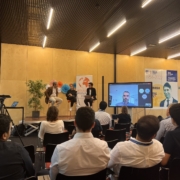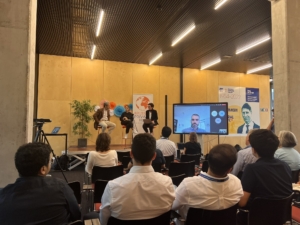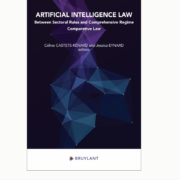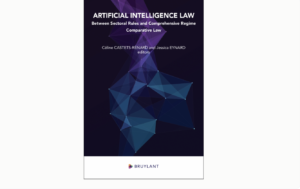Cutting-Edge Research Papers at the Intersection of Law and Technology
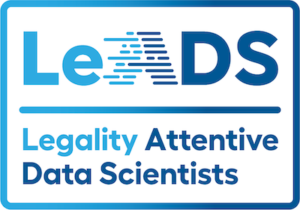
Pisa, Italy, July 2023. The culmination of months of dedicated interdisciplinary research conducted by the group of our 15 Early-Stage-Researchers (ESRs) has resulted in the publication of six cutting-edge working papers. For more than a year have our ESRs been working together in the Legality Attentive Data Scientist project (LeADS) that brings together aspiring researchers with diverse academic (law, economics, computer science) and cultural backgrounds. The objective: finding answers in a collaborative effort to pressing and emerging questions of today’s data economy and to effectively bridge the existing gaps between law and computer science.
By fostering collaboration between legal scholars and computer scientists, the project demonstrates that research conducted at the intersection of law and data science is a rich, complex and yet necessary task which ultimately yields innovative solutions to complex challenges. The melding of these disciplines allows for a more comprehensive understanding of the legal implications of rapidly advancing technologies. In their working papers, our scholars dived into and explored divers topics such as the definition and implementation of fairness in automated decisions, transparency and relevancy of consent policies, case studies on data access and re-use of vehicle data, or how technology might facilitate the creation of ‘data collaboratives’ where data can be shared in a privacy-friendly way.
The findings have already been presented to a wider scientific audience at prestigious conferences, such as the annual ACM Conference on Fairness, Accountability, and Transparency 2023 (FAccT) which this year was held in Chicago. Furthermore, the ESRs will present their research at a conference organised by the LeADS consortium that will take place at the Vrije Universiteit Brussel in January 2024.




 On July 13 ESR Barbara Lazarotto participated as an expert facilitating a workshop at
On July 13 ESR Barbara Lazarotto participated as an expert facilitating a workshop at 
 The opportunity to join the workshop was greatly appreciated by Barbara since it gave her the chance to apply in practice concepts of data quality, data portability, and trade secrets.
The opportunity to join the workshop was greatly appreciated by Barbara since it gave her the chance to apply in practice concepts of data quality, data portability, and trade secrets.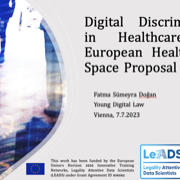
 ESR Fatma S. Doğan participated in
ESR Fatma S. Doğan participated in 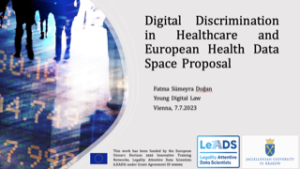
 conference, the final panel took place at the Austrian Supreme Court, which allowed young researchers to witness the incredible atmosphere of the Supreme Court. Fatma also had the opportunity to receive valuable comments and thought-stimulating questions following her presentation.
conference, the final panel took place at the Austrian Supreme Court, which allowed young researchers to witness the incredible atmosphere of the Supreme Court. Fatma also had the opportunity to receive valuable comments and thought-stimulating questions following her presentation.